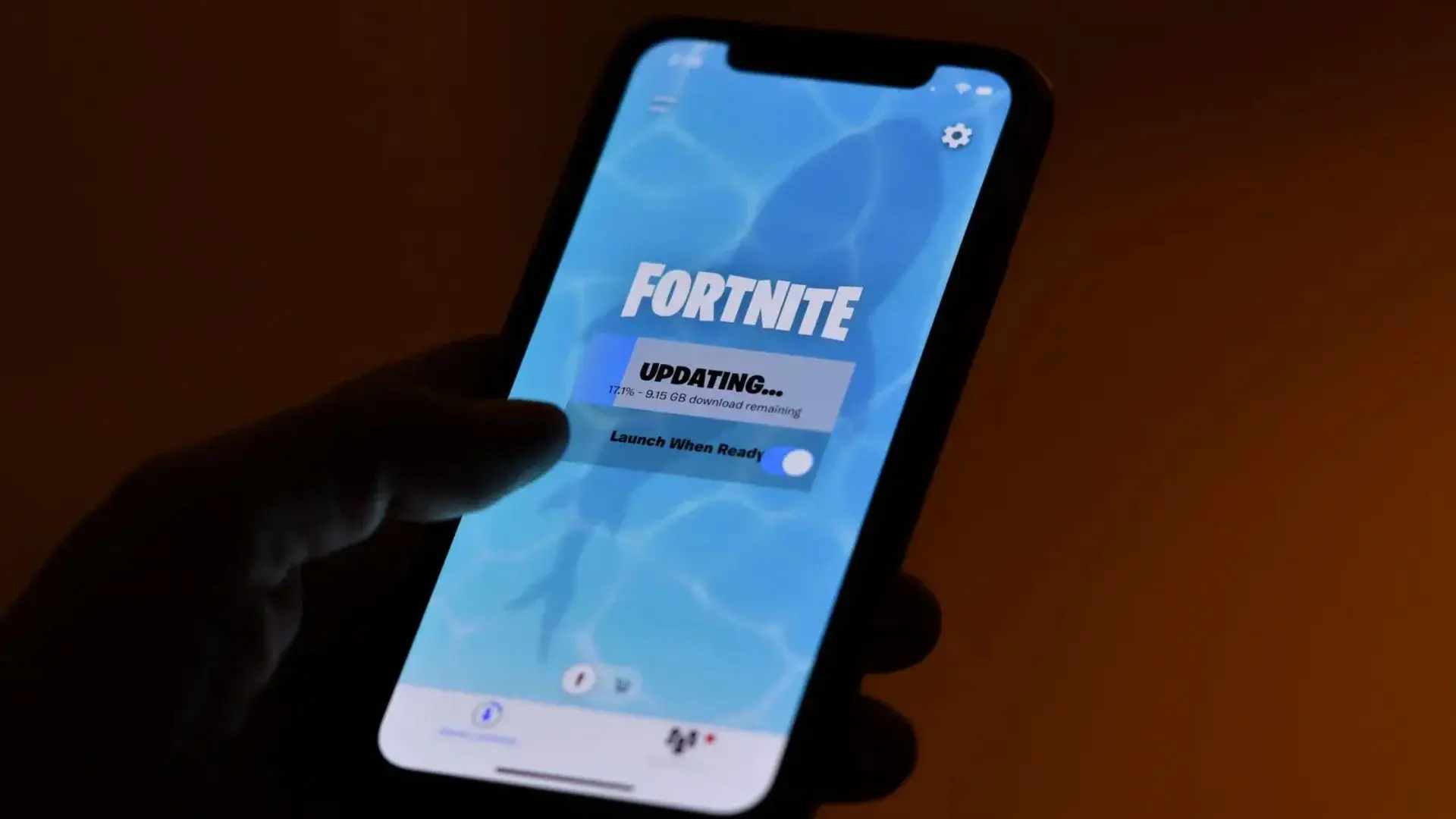Epic Games, the creator of the massively popular video game Fortnite, is back in the courtroom, taking on tech giants Google and Samsung. This time, Epic claims that the two companies are conspiring to limit competition in the mobile app market by discouraging users from downloading apps outside of Google’s Play Store and Samsung’s Galaxy Store. The lawsuit, filed in a U.S. federal court in California, raises concerns about potential violations of U.S. antitrust laws, asserting that these practices harm consumers by restricting choice and keeping app prices artificially high.
The Core of Epic’s Allegations: Samsung’s Auto Blocker
At the center of this legal dispute is a feature introduced by Samsung called Auto Blocker. Initially rolled out in late 2023 as an opt-in security feature, Auto Blocker was designed to protect users from downloading potentially harmful apps. However, Epic Games argues that Samsung made this feature the default setting in July 2024, effectively making it difficult for users to disable or bypass. According to Epic, this move was a strategic response to a favorable court ruling they received against Google in December 2023, which aimed to open up app distribution to more third-party sources.
Epic claims that Auto Blocker was deliberately implemented to reduce the impact of this ruling, keeping users locked into Google’s Play Store and Samsung’s Galaxy Store. By limiting access to apps from other sources, Epic believes Samsung and Google are stifling competition, preventing rival apps from gaining traction, and keeping app prices unnecessarily high.
The Argument from Epic: Consumer Choice at Risk
Epic Games has made it clear that their legal battle is not just about their own interests but about consumer rights. The company argues that Google, in particular, is misleading users into thinking that apps from third-party sources are unsafe. Tim Sweeney, the CEO of Epic Games, has publicly criticized Google for using security as a pretext to push users towards their own services. He pointed out that Google had previously distributed Fortnite themselves, so their stance against third-party apps feels more like a tactic to reduce competition than a genuine concern for user safety.
Sweeney claims that this manipulation of consumer behavior is both deceptive and harmful. By making users believe that competing products are inferior or unsafe, Google and Samsung are reducing consumer choice and making it harder for app developers to reach their audience.
Samsung and Google’s Response to the Lawsuit
Samsung, the world’s largest Android phone manufacturer, has denied these claims and stated that they plan to “vigorously contest” what they describe as baseless allegations from Epic. In their defense, Samsung maintains that Auto Blocker was introduced as part of their commitment to security, privacy, and user control. They argue that the feature is fully in line with their core principles and that users retain the option to disable it if they choose.
Google, on the other hand, has remained silent on the matter, offering no immediate comment regarding the lawsuit. This silence leaves room for speculation about how the tech giant will defend its actions in court.

Expanding the Battle to the European Union
Epic Games is not limiting its fight to U.S. courts. The company plans to raise its concerns with regulators in the European Union, a region that has long been critical of tech companies’ business practices. The EU is known for its strict antitrust laws and its focus on promoting fair competition, making it a fertile ground for Epic to challenge what they see as monopolistic behavior by Google and Samsung.
This isn’t Epic’s first clash with major tech companies over app store policies. In 2020, Epic sued both Google and Apple over their app store commissions, which can reach up to 30% on in-app payments. Epic argued that these fees stifled innovation and competition, and while the case is still playing out in courts, it has already sparked significant debate about the fairness of app store economics.
What’s at Stake for the Mobile App Ecosystem?
The outcome of this lawsuit could have significant implications for the mobile app ecosystem. If Epic wins, it could force Google and Samsung to allow greater access to third-party app stores, reducing their control over app distribution. This could lead to lower prices for consumers, as more competition in the app market would likely drive down costs.
On the flip side, a ruling in favor of Google and Samsung could cement the current structure, where major tech companies maintain tight control over their platforms. This would make it harder for smaller app developers to compete, potentially leading to less innovation and fewer choices for consumers.
The Bigger Picture: A Battle Over the Future of Mobile App Markets
Ultimately, this legal dispute is about more than just Epic Games or even the Fortnite app itself. It represents a broader battle over the future of mobile app markets and the role that tech giants like Google and Samsung will play in shaping that future. At the heart of the issue is a question of whether these companies should have the power to control what apps users can download and from where.
As this legal battle unfolds, it will be closely watched by app developers, tech companies, and regulators around the world. The decision could have far-reaching consequences, influencing everything from how apps are distributed to how much consumers pay for them.
Also Read: Star Wars Outlaws Review:A Gritty Adventure Through the Galaxy’s Underworld



